In this blog post, we will cover four main questions regarding ERP or Enterprise Resource Planning software.
- What is an ERP?
- ERP versus Best of Breed?
- Who would use an ERP?
- Should You Use an ERP for your Business?
What is an ERP?
ERP, or Enterprise Resource Planning, is a business management software that allows organizations to use a system of integrated applications to manage the business and automate many back-office functions related to technology, services, and human resources.
They integrate all facets of an operation, including human resource management and planning, product planning, development, manufacturing, sales, and marketing.
The main purpose of ERP is to facilitate the flow of information between all business functions inside the boundaries of the organization and manage the connections to outside stakeholders.
ERP can not only help businesses manage their resources but do so in a way that is strategic and organized leaving little room for big mishaps. They allow businesses to plan and control their operations, track inventory, and do other things such as customer service and analytics.
Enterprise Resource Planning systems can also make it easier to generate reports and give businesses visibility into their operations, so they can make better decisions about how to run their business.
These systems are also great for customers since it makes the order process smoother, faster, and more accurate.
Lastly, it’s an invaluable tool for businesses of any size since it allows them to centralize data into a single system, reducing the nature of manual work that would be required otherwise. The ERP eliminates the need to build integration between separate systems that are costly and require ongoing maintenance as each system goes through the upgrade process.
ERP versus Best of Breed?
The ERP versus Best of Breed debate has been a hot topic for discussion for many years. Both options have pros and cons that will need to be considered. In some cases, you may have a hybrid approach. For example, some companies will use an ERP Human Resource Management module but integrate with best-in-class payroll providers.
The main downside of the best of the breed is that you will normally have to maintain integrations between the system using your own IT team. Every time you do an update to one system it will have an impact on the system integrated into the system you are updating which adds more time and effort to the test cycles unless you are able to update all system at the same time which means that each Vendor would have to provide updates at the same time, which is highly unlikely.
ERPs being an all-in-one system will allow you to do an upgrade once at the same time, reducing integration testing time and maintenance. The downside of an ERP is they usually require configuration and customization to meet the same needs as specialized systems used in best of breed.
However, the current movement in the ERP market has been to simplify business processes to make it easier and less time-consuming on staff. Companies seem to be adopting next practices more rather than focusing on customized business practices. This is helping reduce the time to market in implementing the ERP and creating a better ROI in both the initial upfront and long-term operation costs of the ERP system.
ERP are also investing best in market integrations in order to supplement their robust functionality sets so that your IT team does not need to build and maintain those integrations.
Who Would Use ERP?
Enterprise Resource Planning Software is designed to meet the needs of most businesses, ranging from small and midsize companies to large enterprises. ERP solutions are tailored to specific industries, such as healthcare, non-profits, retail, and importantly for us, hospitality.
It can also be useful for companies that require processes to be standardized across multiple locations or countries.
Streamlining is also an option when it comes to ERP.
Should You Use an ERP For Your Business?
ERPs are one of the best systems ever created when it comes to lessening the workload for a company.
They take all of the operations and turn them into one fully integrated system, covering many areas including production planning, maintaining high levels of customer service, managing inventory, human resource management, keeping financials in check by streamlining accounting processes such as budgeting, and so much more.
So if you are in need of a system that will help your company operations to a standard of excellence, we would advise tapping into a reputable ERP software solution with a trusted partner to guide you through the setup process so that you are set up for success!
Need help?
Click the button below to learn more about the ERP solution that ServeVita offers, Unit4, and so that we can help you get started with making your daily operations and functions less of your direct responsibility and put your company more at ease.
